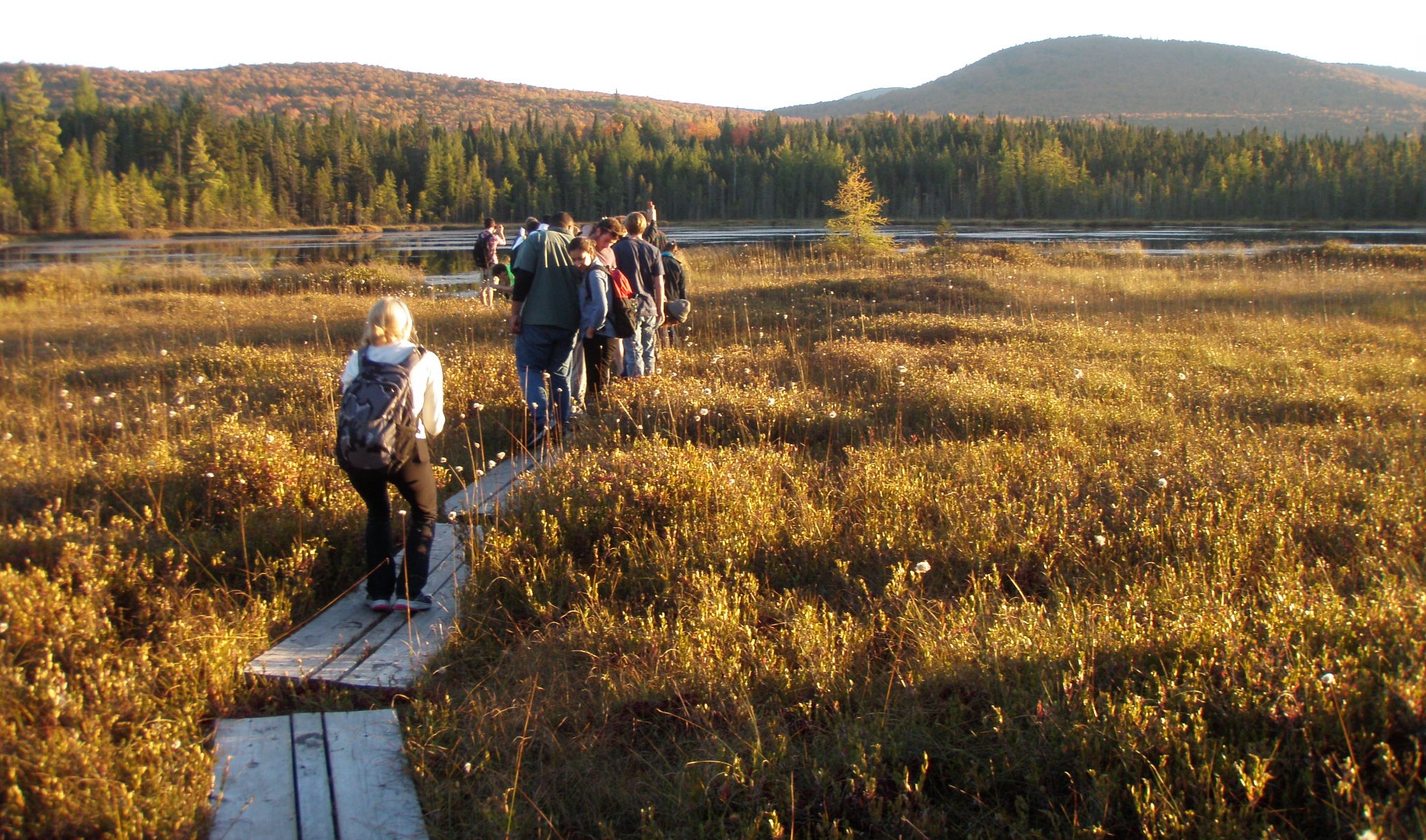
Even with the global increase in popular attention geared towards green-sustainable principles, at the levels of industry and individual lifestyle, it appears that biodiversity and vital ecosystem services continue to decline at an unprecedented rate. Given the considerable scale at which humans populate the Earth’s surface, and consume its natural resources, it would also appear that these challenges are addressed most successfully, if the adequate local, national and international policies are adopted and implemented, in such a way that the decision makers have scientifically credible data at their disposal, which accounts for the complex relationships between biodiversity, ecosystem services, and people.
This task is precisely what motivated the founding of the Intergovernmental Platform on Biodiversity and Ecosystem Services (IPBES) in April 2012. The IPBES, now comprised of 118 member nations, aims not only to effectively respond to concerns from the scientific community about the lack of international efforts to confront threats to biodiversity, ecosystems and the critical services they provide to society, but to aim also at establishing a standard model for assessing long-term human well-being and sustainable development.
Next week, the group will convene for it’s first scientific meeting in Bonn, Germany, where researchers will gather to tackle the first project – assessing the condition of bees and other pollinators. Pollinators are biotic agents that move pollen from the male anthers of a flower to the female stigma of another flower to achieve fertilization. Although honeybees typically occupy the center stage of pollination discussions, there are various other pollinators, like hoverflies, pollen wasps, butterflies and moths, whose variable population decline are in many cases not only ecologically alarming, but also in terms of the economy of food crops. According to the National Resources Defense Council (NRDC), without bees to pollinate many of our favorite fruits and vegetables, the United Sates could loose a $15 billion crop industry. It is becoming strikingly evident that we can no longer afford to separate economy from ecology.
This first review, in a series of global biodiversity assessments lead by executive secretary Anne Larigauderie, is designed to establish the degree of rigor with which this high-level platform of international participants intends to operate. The IPBES is deliberately modeled on the Intergovernmental Panel on Climate Change (IPCC), which will allow them to draw on the ICCP’s experience in providing scientists and policy makers with the necessary tools to moderate the world’s resources and biodiversity. In fact the IPBES is actively perusing collaborations and partnerships at every scale, given that one of its central tasks is to incorporate a broad spectrum of scientific, social and local knowledge from its stakeholders.
In October of this year, the group will assemble a new team of scientists – in the Netherlands – to study biodiversity modeling. Like the ICCP, the platform does not conduct original research; however it will review existing methods for evaluating computational models of ecological diversity. This will include, for example, simulations to compile the red list of threatened species as proposed by the International Union for conservation of Nature (IUCN – Switzerland). Ultimately this assessment will examine more complex simulations of ecological processes using social parameters like population demographics and per capita food consumption. Ideally these efforts could provide ecologist with computational tools to predict future trends in biodiversity, and gauge the potential impacts on society. These first two assessments are projected to conclude by the end of 2015, which Larigauderie admits is “very ambitious”.
The two major concerns raised by critics including Thomas Brooks – head of science at the IUCN, is whether the platform can make its US $43.5 million five-year budget last, and whether the intentions of these complex collaborations don’t result in yet another political fiasco. I suspect that these concerns can only be answered by trial and error. But assuming, just for a moment, that this novel endeavor actually works, i.e., that the scientists and policy makers involved are in fact successful at gaining significant insights into the dynamical nature of earth’s ecology, and that as a result we begin developing improved sustainable economies. Such endeavors may mark the advent of an important new paradigm.
By Luq Malik

